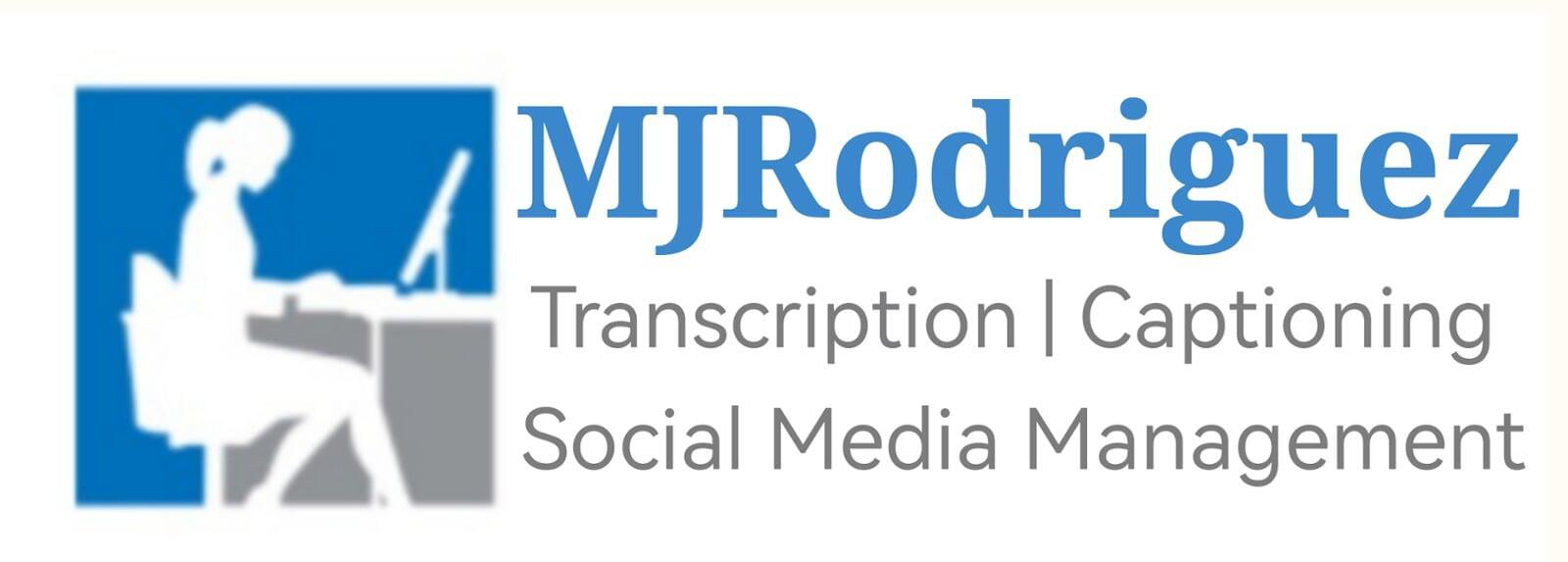Industry Standard Pay Rates in the Transcription Niche: An Overview
The transcription industry plays a vital role in converting spoken language into accurate text, supporting sectors such as legal, medical, general, and even religious organizations. As demand for transcription services continues to grow, understanding industry-standard pay rates is essential for fair compensation. These rates vary depending on the type of transcription—general, legal, medical, and religious. Maintaining these standards is crucial not only for the livelihood of transcriptionists but also for ensuring the quality and sustainability of transcription services. This article explores pay standards across different transcription fields and discusses the importance of upholding these rates for both companies and freelance transcriptionists, even as AI technology reshapes the industry.
General Transcription
General transcription is often the entry-level sector in the industry, covering a wide range of content, including interviews, podcasts, academic lectures, and corporate meetings. As this work doesn’t typically require specialized knowledge, general transcription pays less than other specialized areas.
Standard Rates: Rates for general transcription generally range from $1.00 to $3.00 per audio minute, or $60 to $180 per audio hour. Skilled freelancers may secure rates on the higher end, while beginners might see rates on the lower side.
While the barriers to entry are lower, maintaining fair pay standards motivates transcriptionists to uphold high levels of accuracy and efficiency, benefiting both clients and companies by delivering reliable results.
Legal Transcription
Legal transcription requires knowledge of legal terminology and formatting standards. Legal transcriptionists work with court documents, depositions, and legal proceedings, where precision is paramount. Due to the specialized nature of this work, legal transcription pays higher than general transcription.
Standard Rates: Industry rates for legal transcription range from $2.00 to $5.00 per audio minute, or $120 to $300 per audio hour. Those with legal expertise or certification can command rates on the higher end.
Legal transcriptionists undergo training to understand legal jargon and processes. For transcription companies, paying above-average rates ensures that skilled professionals handle precise legal documentation, meeting clients' expectations for quality and legal compliance.
Market Demand and Supply: There might be fewer qualified legal transcriptionists available, which can drive up the rates due to higher demand and lower supply
Medical Transcription
Medical transcriptionists support healthcare by transcribing doctors’ notes, patient records, and diagnostic information. This sector requires a solid understanding of medical terminology and procedures. Because accuracy is critical in medical records, pay rates are higher than in most other transcription types.
Standard Rates: Medical transcription typically pays between $0.07 and $0.15 per line (with a line generally being 65 characters) or $1.50 to $4.00 per audio minute, translating to approximately $90 to $240 per audio hour.
Experienced medical transcriptionists who can deliver accurate transcriptions are essential to healthcare documentation. Competitive pay rates ensure that qualified professionals are drawn to this work, contributing to better patient care and record accuracy.
Market Demand and Supply: There are more training programs and certifications available, potentially leading to a larger pool of qualified professionals, which can affect rates.
Religious Transcription
Religious transcription, while lesser known, serves many religious institutions by converting sermons, prayers, and spiritual lectures into text. Transcriptionists working in this area often need a deeper understanding of religious context and terminology.
Standard Rates: Religious transcription rates often align with general transcription, ranging from $1.00 to $3.00 per audio minute or $60 to $180 per audio hour. However, rates can increase based on the specific needs of the religious institution or additional language requirements.
Religious transcription requires a unique blend of skills and sensitivity to language, making fair compensation essential for attracting professionals who can accurately and respectfully handle this content.
The Role of AI in Transcription and the Importance of Standard Pay Rates
As AI technology advances, many transcription companies have adopted AI-generated transcripts as a starting point to enhance efficiency. While AI can produce raw transcripts quickly, it still lacks the nuanced understanding required for high accuracy and contextual clarity. These AI-generated texts are often riddled with errors, especially in specialized fields like medical and legal transcription, where terminology is critical. Consequently, human transcriptionists are needed to edit and finalize these drafts, ensuring they meet industry standards.
Upholding industry-standard pay rates remains essential, even with AI assistance, because the skill and expertise required for quality transcription remain significant. Human transcriptionists add value by refining AI-generated texts, correcting complex terminology, and ensuring the text accurately reflects the spoken content. By maintaining fair pay rates, transcription companies show respect for the expertise needed to elevate AI-produced drafts to a professional standard, encouraging high-quality work and preserving transcriptionists’ roles as essential collaborators rather than mere editors.
Why Upholding Industry Standard Pay Rates Matters
Industry-standard pay rates are essential to the transcription industry’s sustainability, impacting both transcription companies and freelance transcriptionists. Here are some reasons why these standards must be upheld:
1. Attracting Skilled Transcriptionists: Fair rates attract transcriptionists with the experience and skills to deliver accurate, timely, and professional work, which enhances client satisfaction and reduces costly errors.
2. Ensuring Consistency and Quality: Inaccurate transcriptions can lead to misunderstandings or legal issues, especially in fields like legal and medical transcription. Standardized rates incentivize transcriptionists to maintain consistency and quality.
3. Reducing Turnover and Building Long-Term Relationships: Low pay rates lead to high turnover as transcriptionists seek better compensation elsewhere. By paying fairly, companies foster loyalty and stability, creating a reliable pool of transcriptionists who understand client needs and quality expectations.
4. Promoting Ethical Business Practices: Fair pay rates demonstrate a company’s respect for transcriptionists' skills and time, bolstering its reputation as a responsible employer and helping it stand out in a competitive market.
5. Encouraging Freelancers’ Growth and Development: Fair compensation enables transcriptionists to invest in their professional growth—whether through training, software, or better equipment—which enhances the quality of their work. A healthy income fosters a cycle of improvement that benefits the entire transcription ecosystem.
The transcription industry spans various specialties, each with unique pay standards that reflect the expertise and dedication required. Adhering to these pay rates ensures quality, reduces turnover, and promotes ethical practices that benefit the entire transcription field. For freelance transcriptionists, fair pay provides a sustainable career path, fostering skills and consistency to meet clients’ evolving needs. As AI tools assist in transcription, human expertise remains invaluable for accuracy and context.
Furthermore, upholding industry-standard pay rates is essential regardless of freelancers’ locations. This commitment to fair compensation across borders respects the work's value, discourages regional pay discrepancies, and fosters high-quality output worldwide. Ultimately, maintaining industry-standard pay rates is crucial to the long-term success of the transcription industry, sustaining both the quality of service and the livelihoods of those who make it possible.




